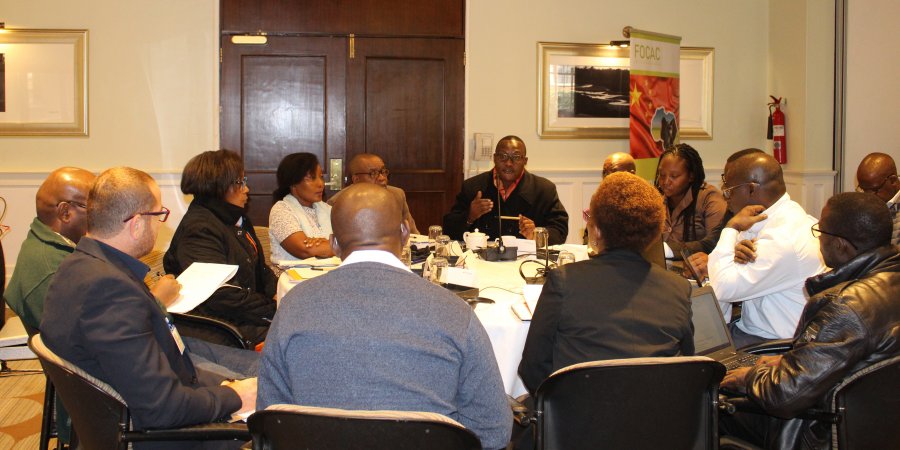The Forum on China-Africa Cooperation (FOCAC) is a consultation and dialogue platform between China and Africa leaders and ministers. FOCAC meetings have been held every three years alternatively in China and Africa since 2000, and provide an opportunity for reviewing and highlighting areas of cooperation and development between China and Africa. The seventh Ministerial Conference and Heads of States and Governments Summit on China-Africa Cooperation will be held Beijing, China in September 2018 under the theme, ‘win-win cooperation and join hands to build a closer community with a shared future for China and Africa’.
China has invested billions of dollars into Africa in various sectors such as infrastructure development, telecommunications, power generation, mining, healthcare, agriculture and banking in recent decades, and that investment is increasing. As of late 2015, President Xi Jinping pledged an additional $60 billion to be invested in Africa (Forbes, 2017). Whereas this investment has benefited many African countries, it has also come with its fair share of challenges and a key one is the loss of the continent’s rich natural resources through activities such as mining and logging which have in turn affected the breeding zones and natural habitat of wildlife. Chinese investment in Africa has increased the opportunities and networks for illegal wildlife trafficking that have resulted to a decrease of populations of African species, such as elephants, rhinos, tigers and pangolins. It’s important therefore that Chinese investment in Africa is undertaken in a more sustainable manner – one that does not continue to deplete the continents natural resource base and negatively impact the continent’s diverse ecosystems.
 On June 19-20, 2018 the World Wildlife Fund and TRAFFIC, the Wildlife Trade Monitoring Network, hosted a regional African FOCAC awareness workshop focusing on social and environmental sustainability consistent with the ambitions of the Sustainable Development Goals. With the upcoming summit in September 2018, the workshop created a platform for dialogue, exchange and sharing of good practices, lessons learned amongst government officials involved in the FOCAC process and Civil Society Organizations and other stakeholders engaged in the Africa-China Cooperation.
On June 19-20, 2018 the World Wildlife Fund and TRAFFIC, the Wildlife Trade Monitoring Network, hosted a regional African FOCAC awareness workshop focusing on social and environmental sustainability consistent with the ambitions of the Sustainable Development Goals. With the upcoming summit in September 2018, the workshop created a platform for dialogue, exchange and sharing of good practices, lessons learned amongst government officials involved in the FOCAC process and Civil Society Organizations and other stakeholders engaged in the Africa-China Cooperation.
Participants discussed the need to ensure that projects supported by the FOCAC framework adhere to environmental standards so as to avoid compromising the natural coping strategy that comes from the continent’s biodiverse richness. Africa needs to develop a strategy for engagement with China that would see such projects undertaken in a sustainable manner. The financial investment that China continues to make in the continent should not take place at the expense of the continent’s natural resources.
FOCAC provides an important process and platform to discuss conservation interests and opportunities that can substantively influence Chinese investment decision making in Africa. Participants of the workshop identified key issues and developed recommendations on how to support and engage the FOCAC process while strengthening the importance of environmental and social sustainability commitments and use of best international standards within trade, aid and investment agreements between China and Africa. These recommendations will be shared with African countries for engagement at the upcoming summit in Beijing.
Resources for further reading
A Scalable Approach to Engaging Chinese Overseas Enterprises to Mitigate Impacts of Wildlife Trafficking in Africa, Africa Biodiversity Collaborative Group’s (ABCG) Emerging Issues small grant project carried out by the Wildlife Conservation Society (WCS) and the World Wildlife Fund (WWF).
Photo: Participants at the workshop. Photo Credit: WWF.


Add a Comment